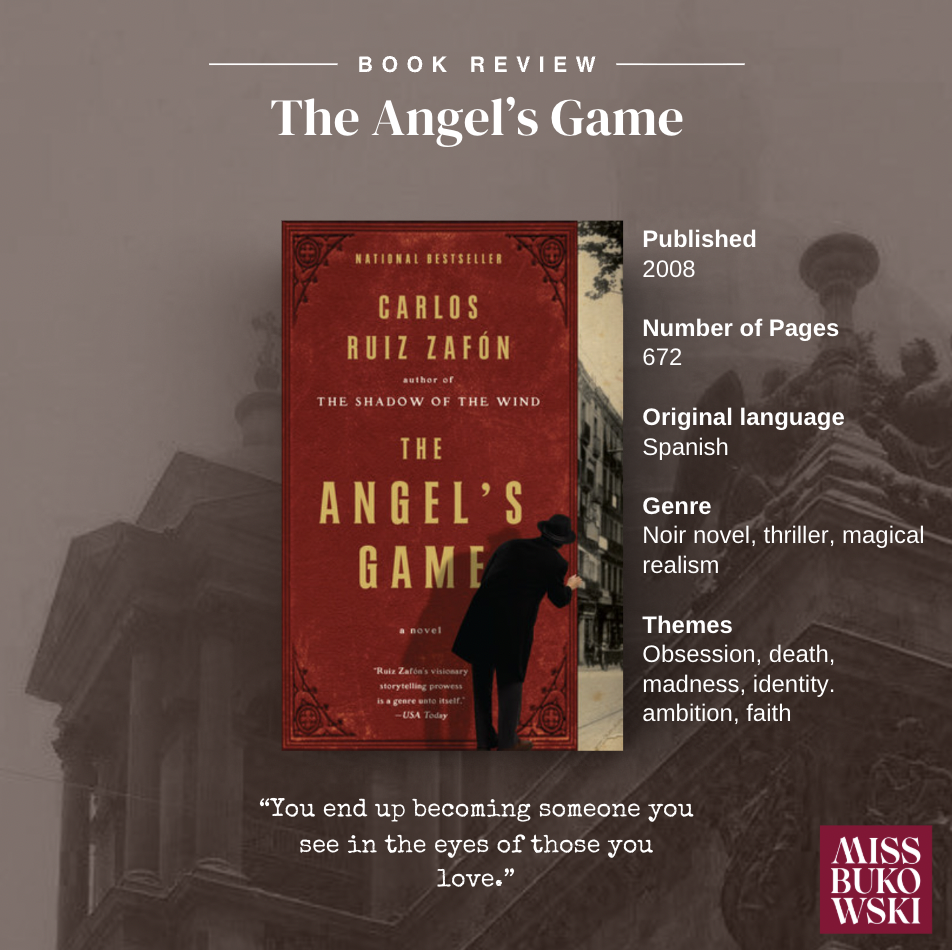The Facts
- Published: June 4, 2024
- Original language: English
- Genre: Cultural critique, psychology, fiction, psychological fiction
- Number of pages: 198
The Gist
*spoiler alert*
“We acquired things and used them and disposed of them. What we liked best was disposing of them. It felt like disposing the bad and burdensome parts of ourselves. It felt momentarily, like disposing of our own bodies. Sometimes we sensed that we were living counter to nature, were at odds with it, and this manifested itself as intolerable feeling of material chaos and disorder, to which a material solution could usually be found.”
book blurb:
"Midway through his life, the artist G begins to paint upside down. Eventually, he paints his wife upside down. He also makes her ugly. The paintings are a great success.
In Paris, a woman is attacked by a stranger in the street. Her attacker flees, but not before turning around to contemplate her victim, like an artist stepping back from a canvas.
At the age of twenty-two, the painter G leaves home for a new life in another country, far from the disapproval of her parents. Her paintings attract the disapproval of the man she later marries.
When a mother dies, her children confront her legacy: the stories she told, the roles she assigned to them, the ways she withheld her love. Her death is a kind of freedom.
Parade is a novel that demolishes the conventions of storytelling. It surges past the limits of identity, character, and plot to tell the story of G, an artist whose life contains many lives. Rachel Cusk is a writer and visionary like no other, who turns language upside down to show us our world as it really is."
“He knew that [his work] embodied change, and he wasn’t interested in change. He was interested in the fragments that change leaves behind in its storming passage toward the future.”
From a pure craft perspective, Cusk is nearly unmatched. Rachel Cusk's writing is unlike anything I've ever read before. Parade is Cusk's 17th novel Cusk, and with this novel she reaffirms that 1) we have not fully explored the power of fiction, 2) she re-invents the limits of the novel as such, and 3) idea of “the character” no longer exists.
Parade is an absurdist novel where we're introduced to a group of different characters all named G. They are all artists, they exist in different time periods/places, they never formally meet each other, and their stories never connect in any concrete way. Parade has a fragmented format, with multiple narratives/voices, and I have to admit that at first I didn't understand what the hell was going on. Is G a man or a woman? Does he live here or there? Is he a painter or a sculptor? Then I understood none of these G's are the same character, we just have a repertoire of unrelated characters and everyone shares the same name/profession. That's why Parade seems almost like a mirage; it's quite literally a parade of ideas.
The G artists are all loosely inspired by real life artists and dialogue in today's feminist narrative. Their lives/stories reflect something about the world we live in, and help dissolve the lines that divide artist, muse and viewer (the same way Cusk dissolves the line between writer, character and reader. Cool right?) (Are you still with me? Okay.)
The book touches upon issues such as gender violence, art, identity, femininity, motherhood, freedom, and more.But the truth is that nothing I tell you is going to summarize the book well, because this book cannot be summarized. Every sentence leaves you with a taste of something, and has you thinking long and hard about something but you'll never quite identify what that something is, and I think that's what makes it such a good book.
The book is divided into 4 sections: The Stuntman, The Midwife, The Diver and The Spy. Each section describes something about that particular G artist and the type of art he or she is into. But I feel the central or common theme is the following: Parade studies the meaning of “being” and existence. Existing is almost a kaleidoscope of experiences, which is exactly what this book feels like.
The Themes
- Identity
- Motherhood
- Domesticity
- Art
- Self-expression
- Gender violence
- Aging/Ageism
- Empowerment/Disempowerment
The Author
Rachel Cusk is a British-Canadian author known for her distinctive and introspective writing style. Born in Canada in 1967 and raised in the UK, Cusk has written several novels, essays, and memoirs, and her works often explore themes such as identity, gender roles, family dynamics, and the complexities of modern life.
Cusk gained significant attention with her memoirs, including A Life’s Work: On Becoming a Mother (2001) and Aftermath: On Marriage and Separation (2012), which candidly discuss her personal experiences with motherhood and divorce.
Her most notable work is the Outline trilogy, consisting of the novels Outline (2014), Transit (2016), and Kudos (2018). These novels are known for their unconventional narrative style, where the protagonist, a writer named Faye, reveals little about herself directly but instead conveys her experiences and thoughts through conversations with others. If you've never read Cusk, I suggest you start here.










